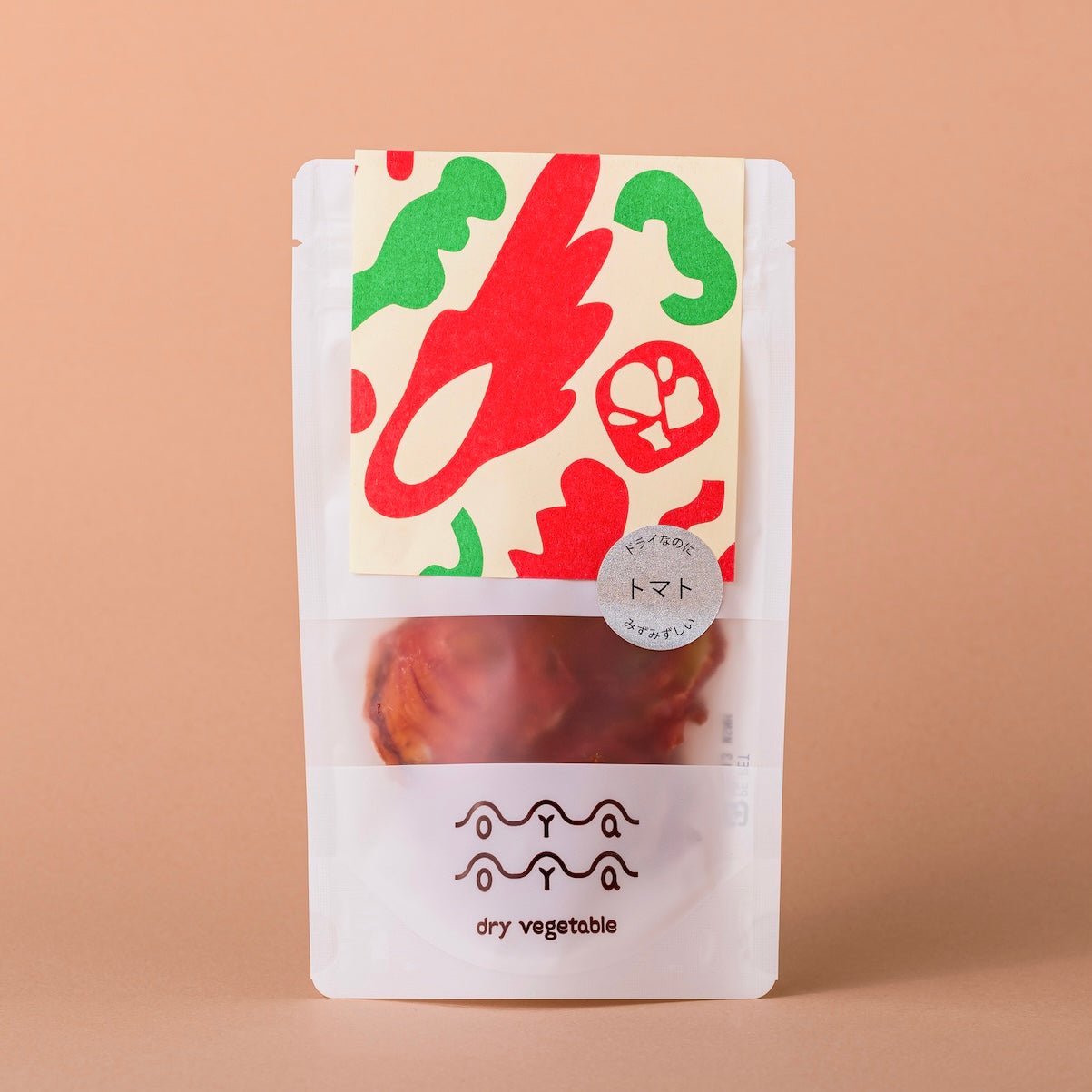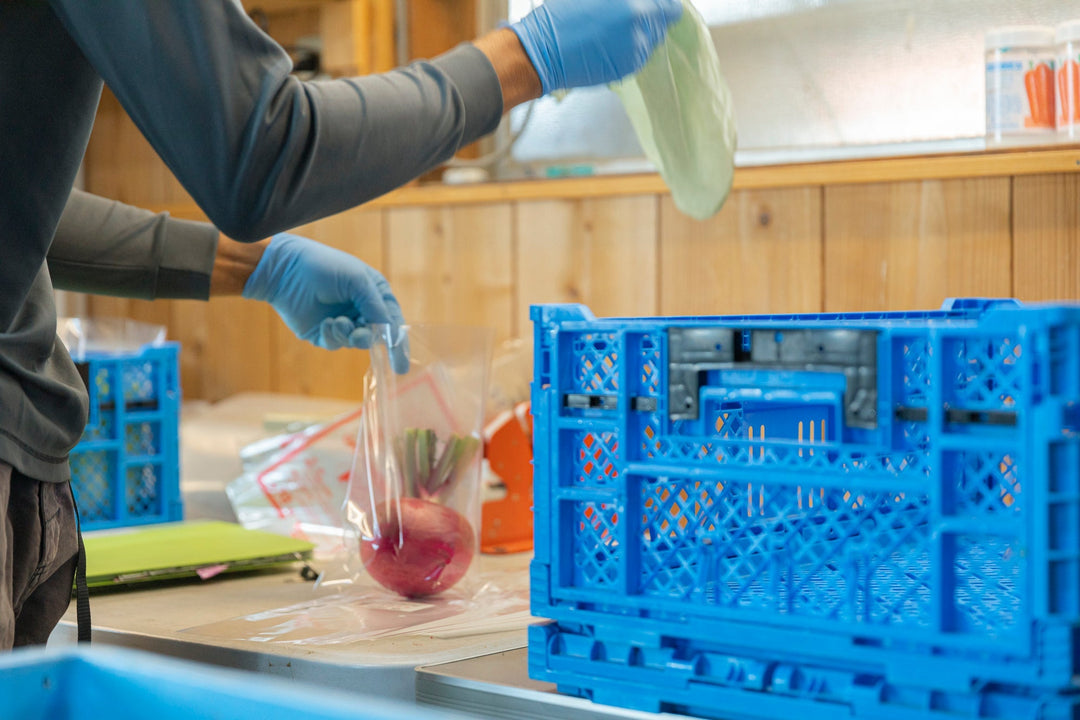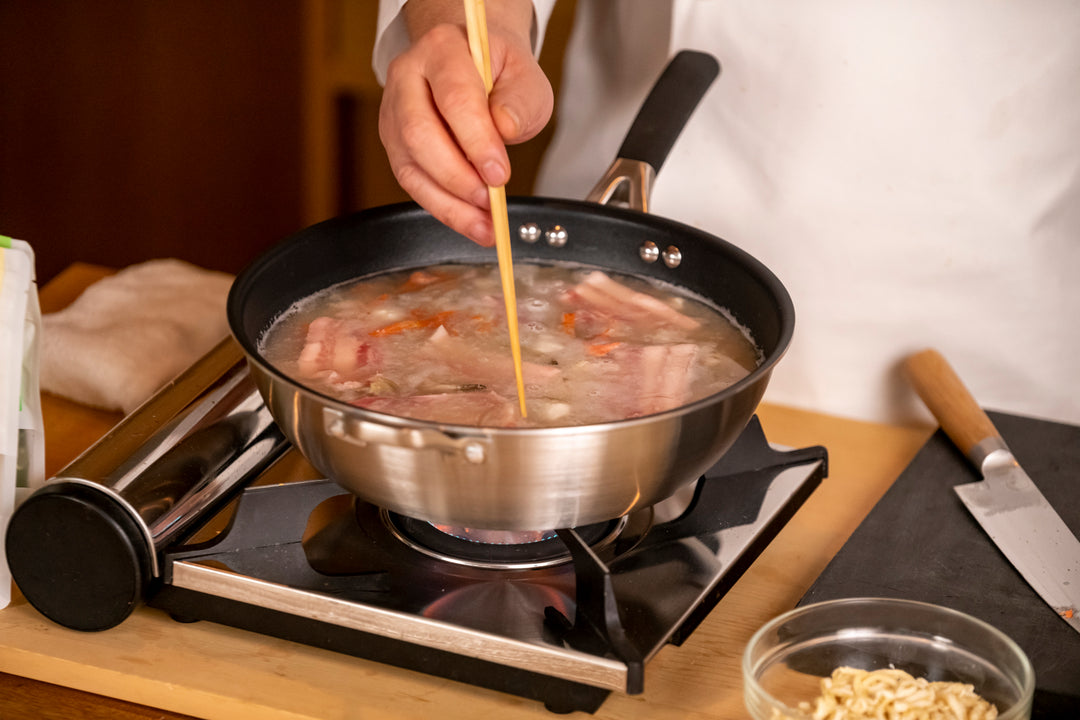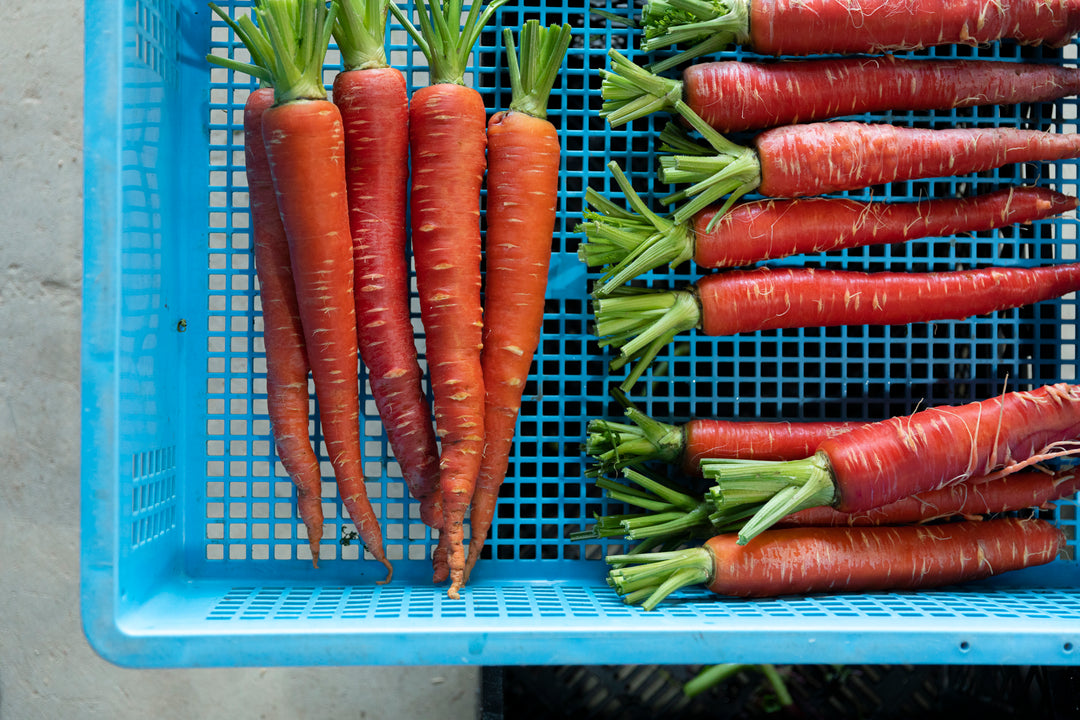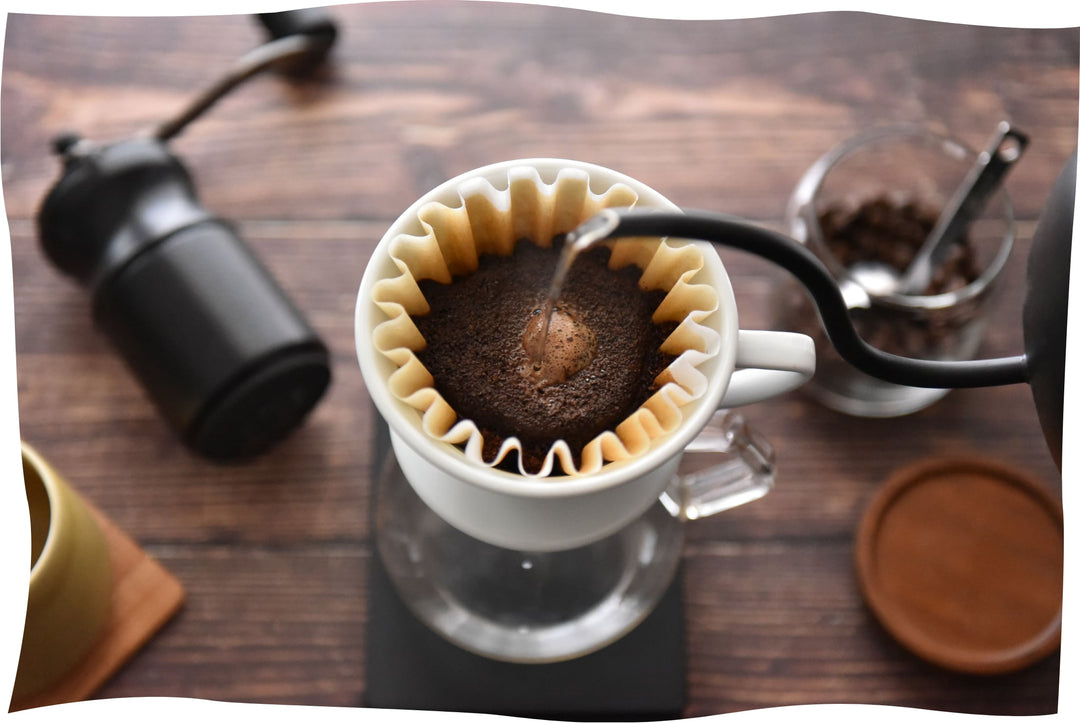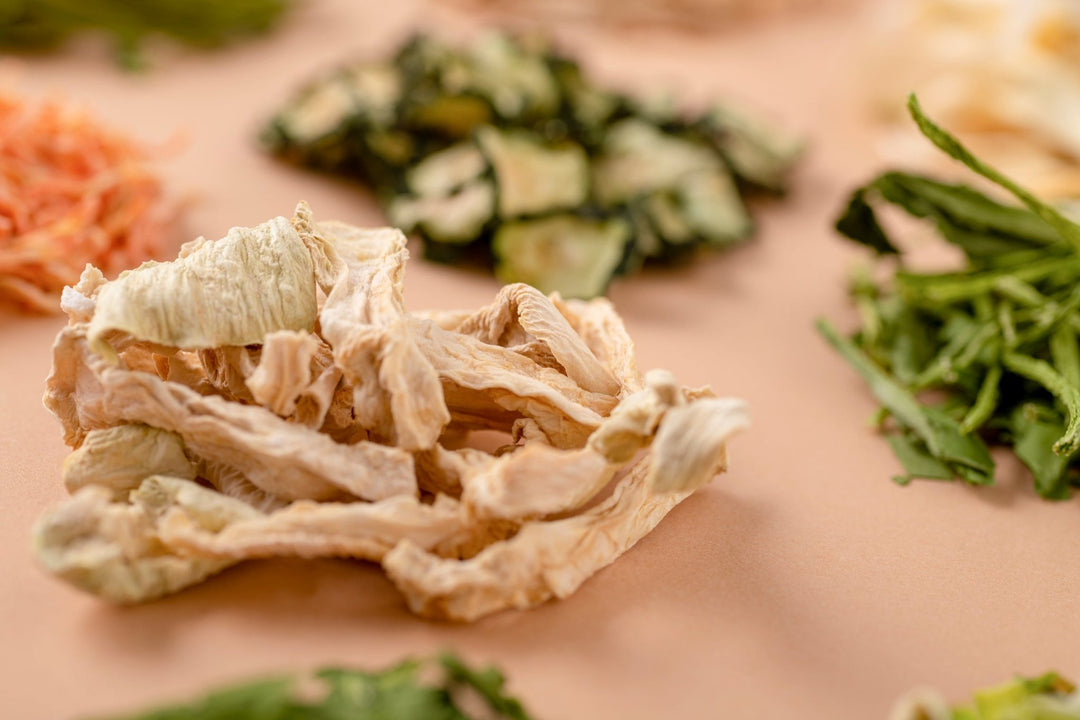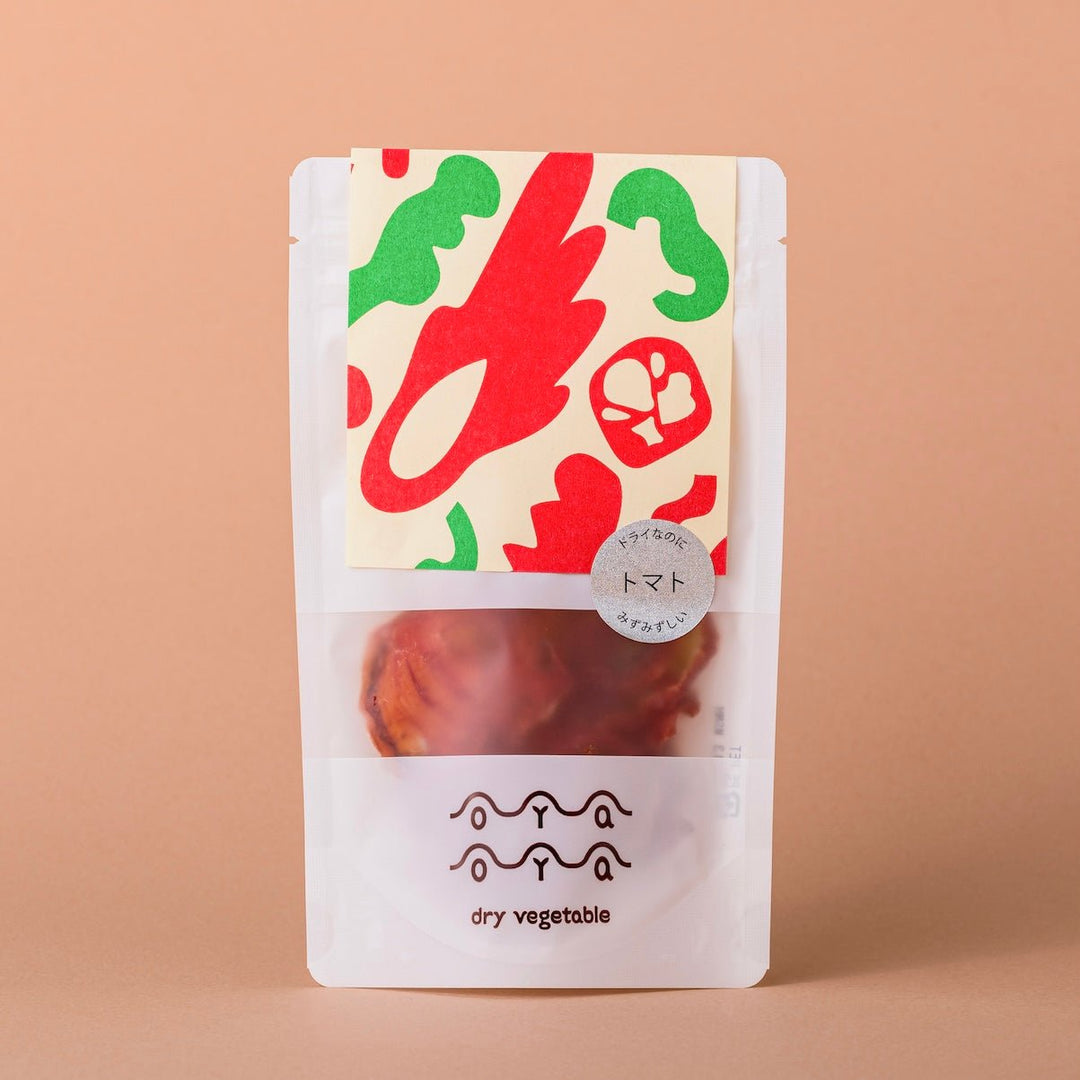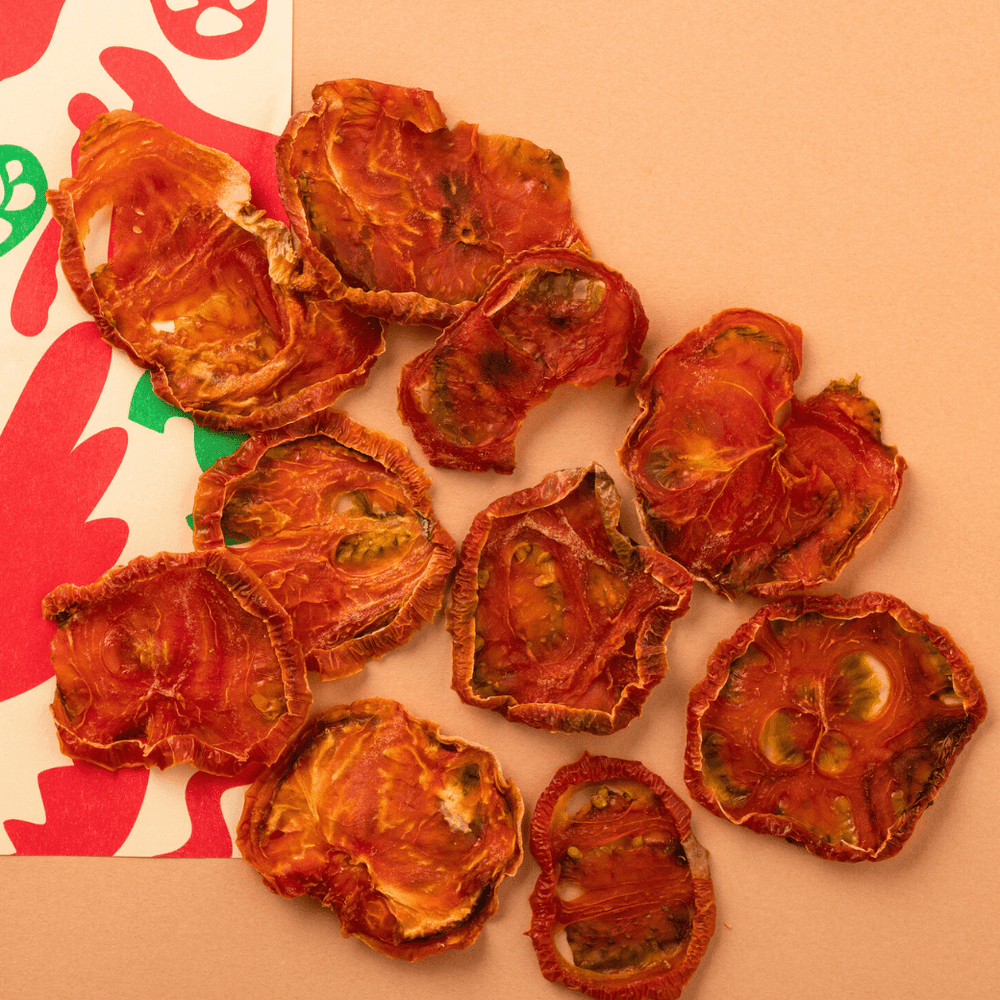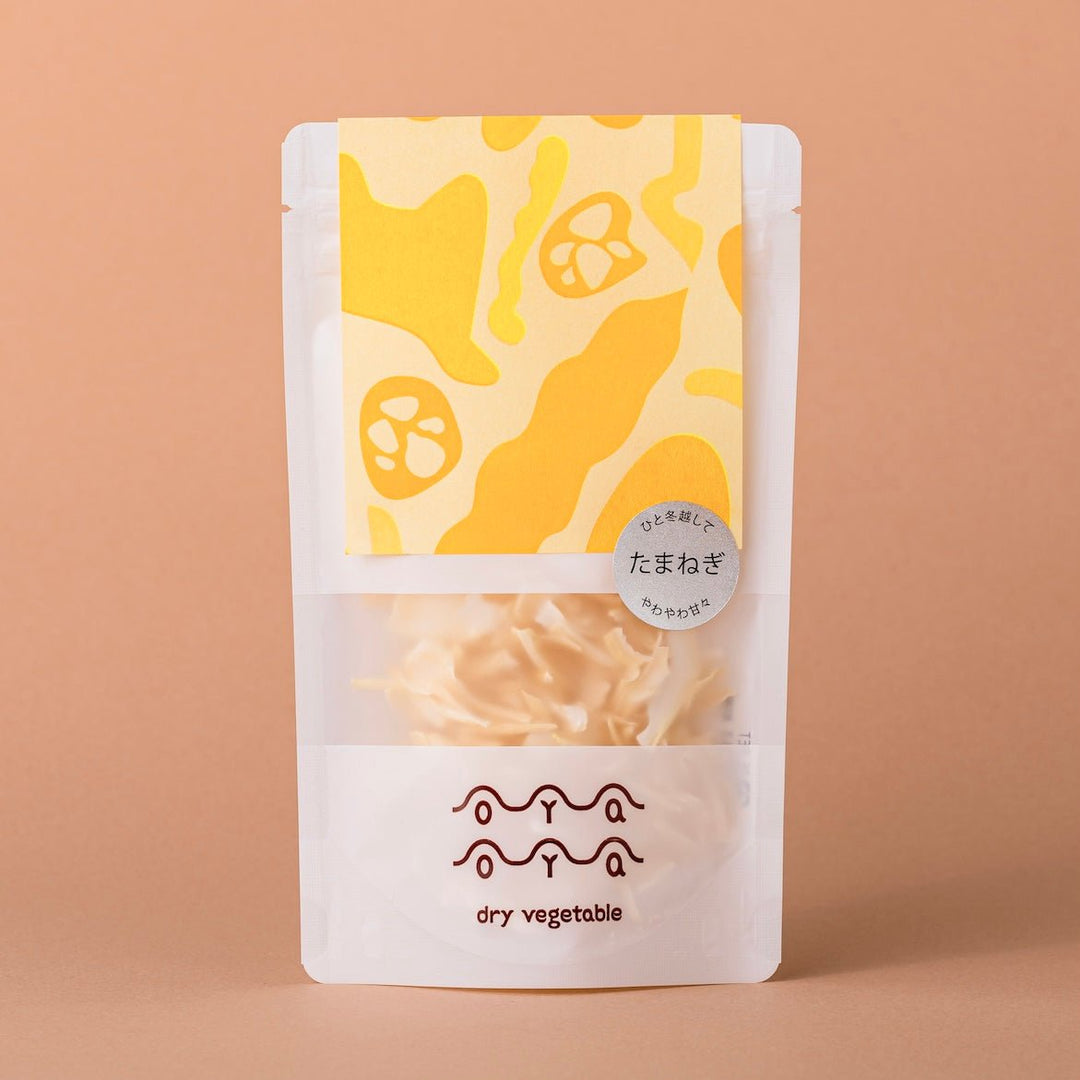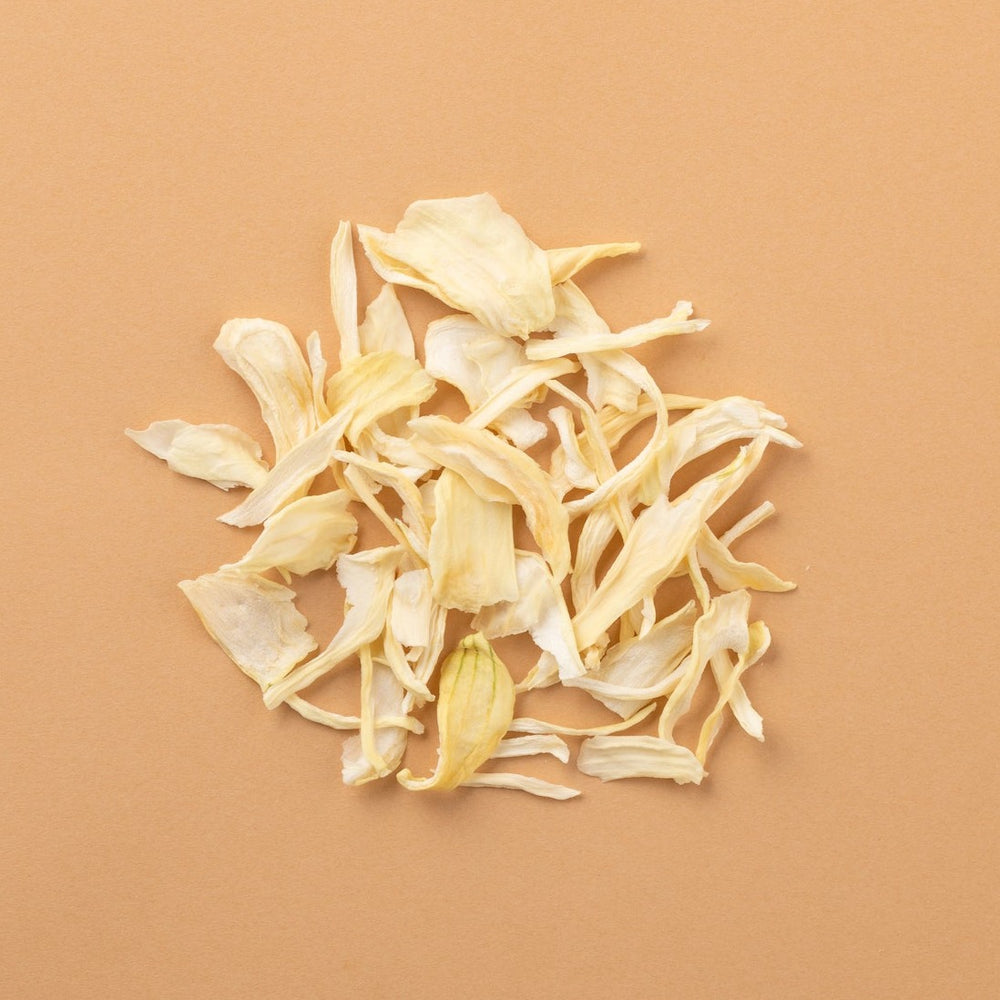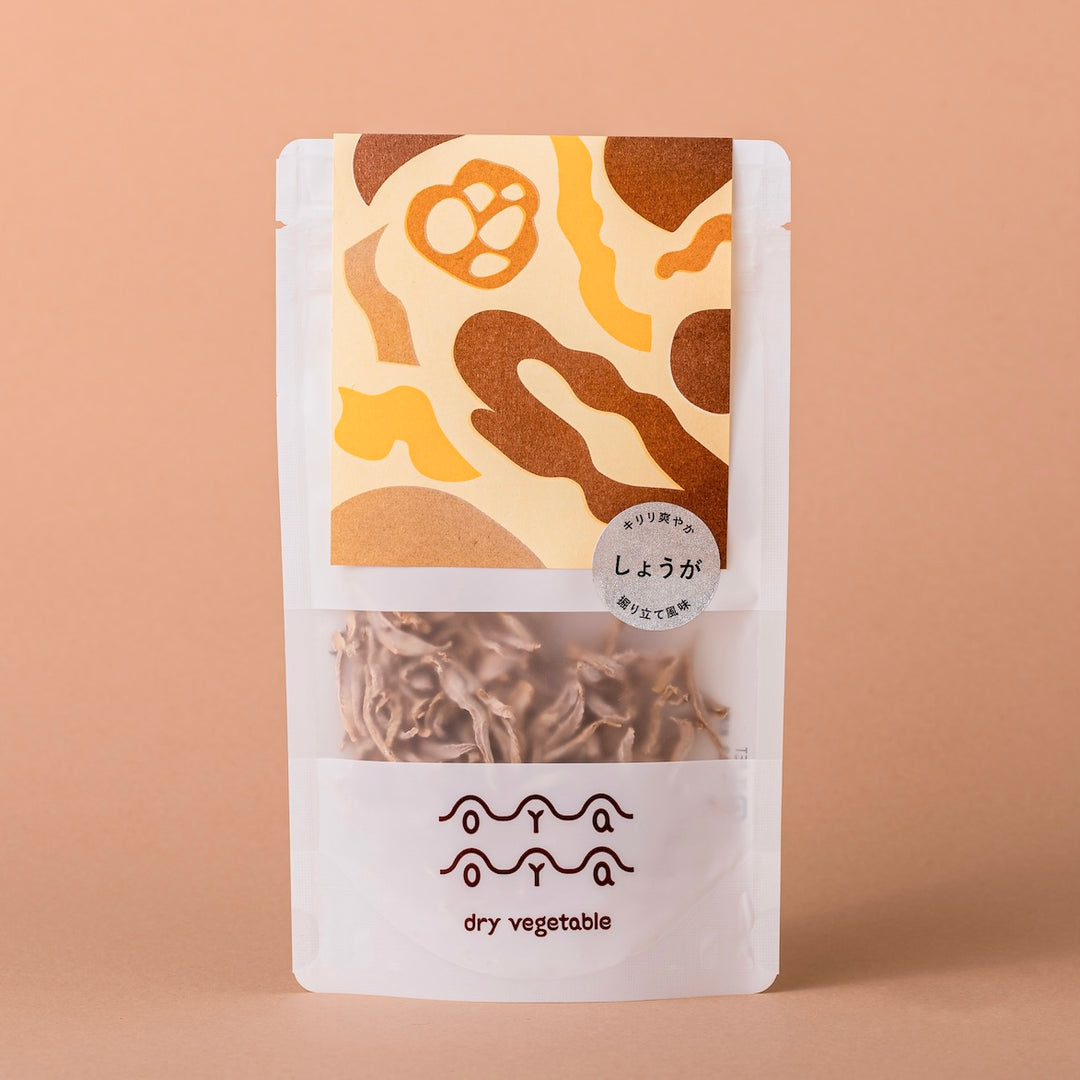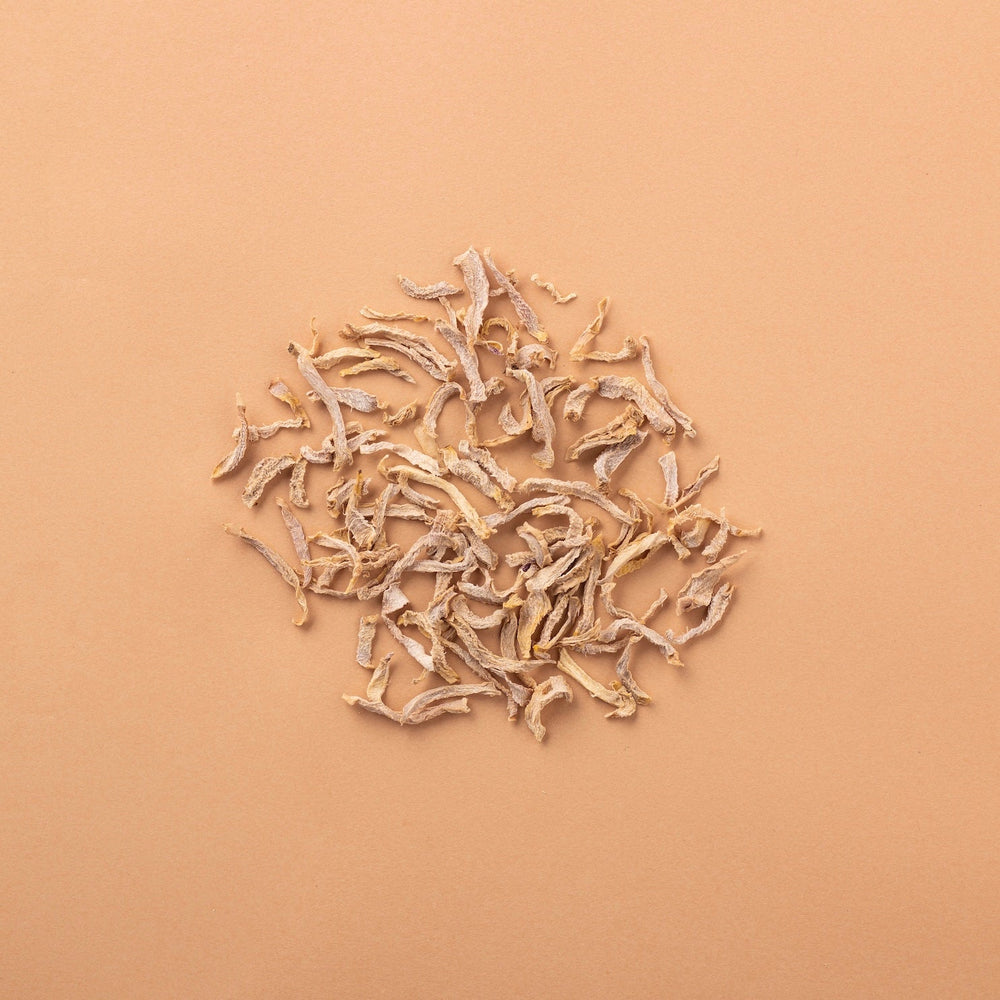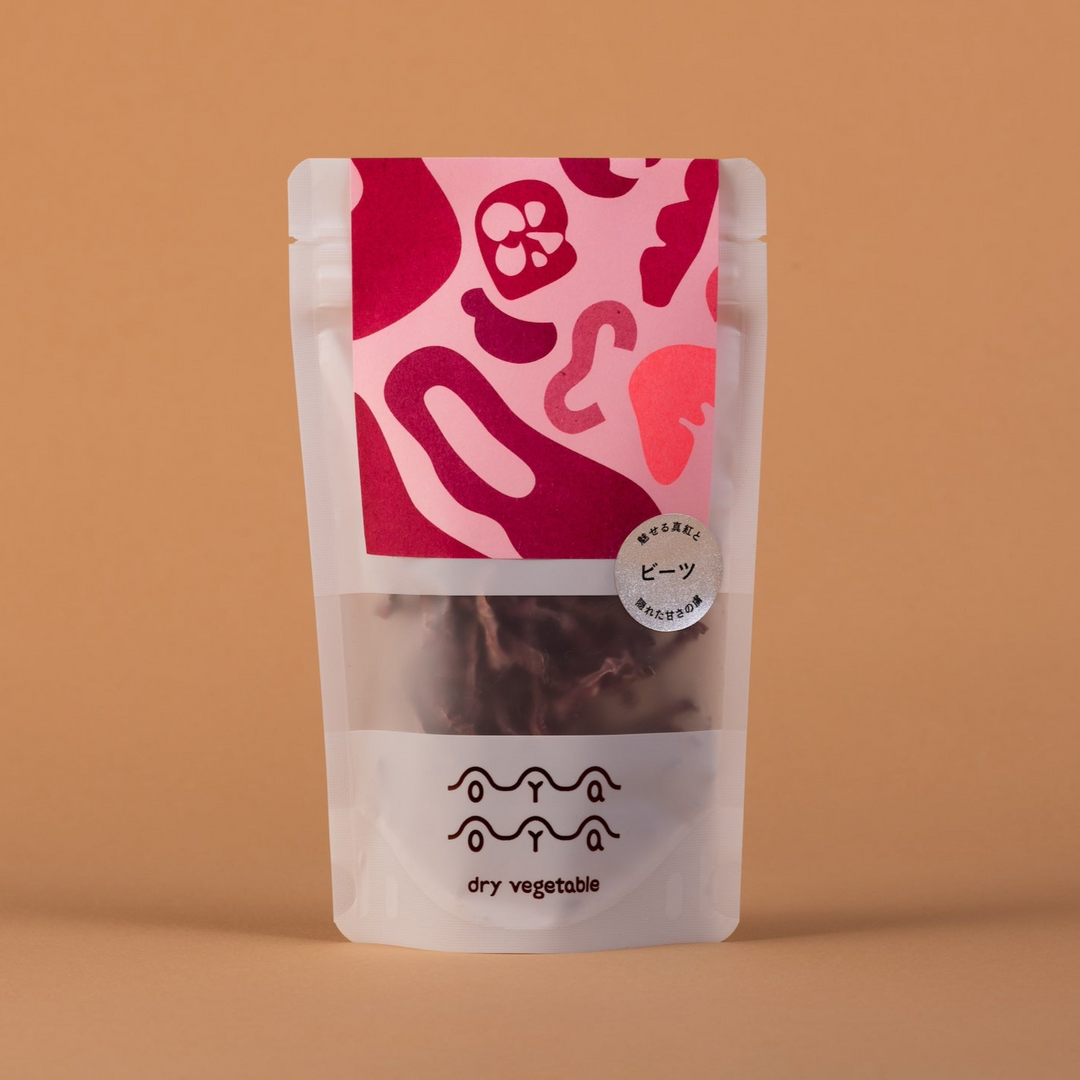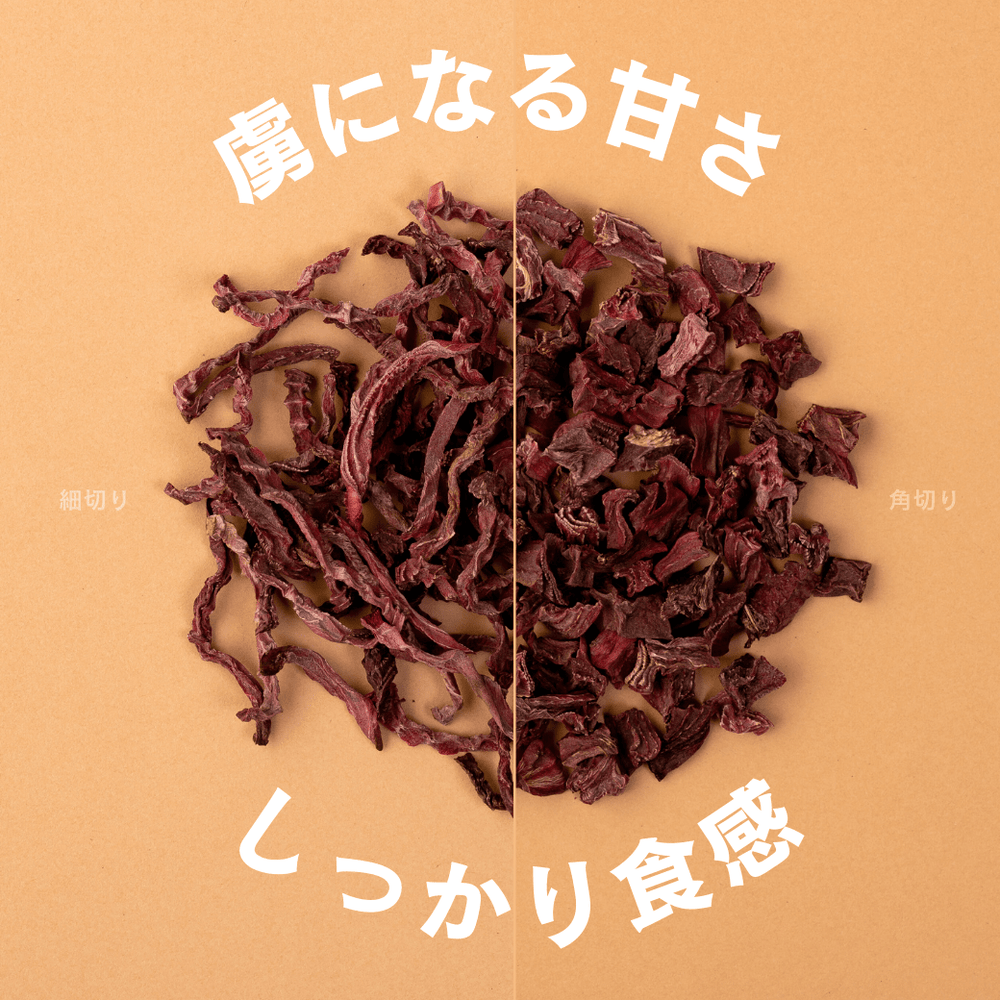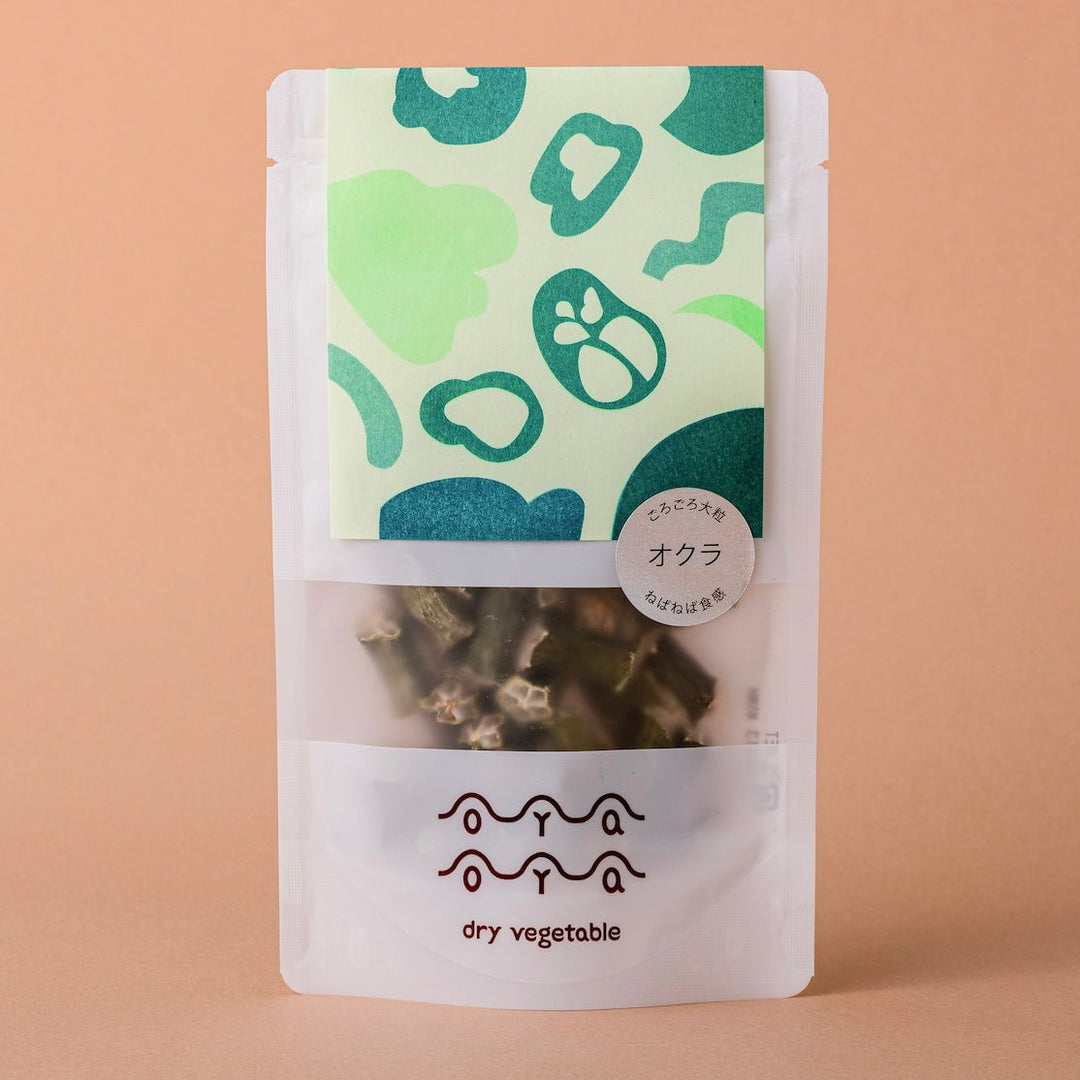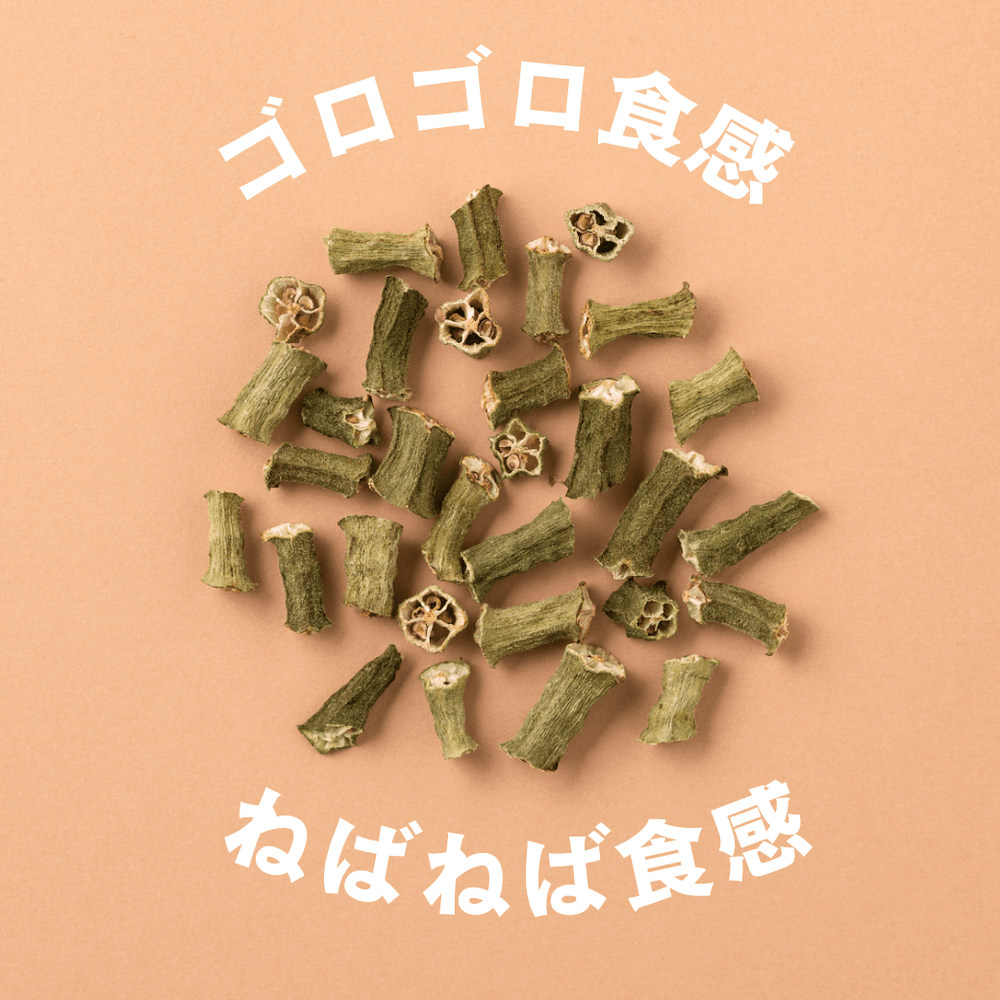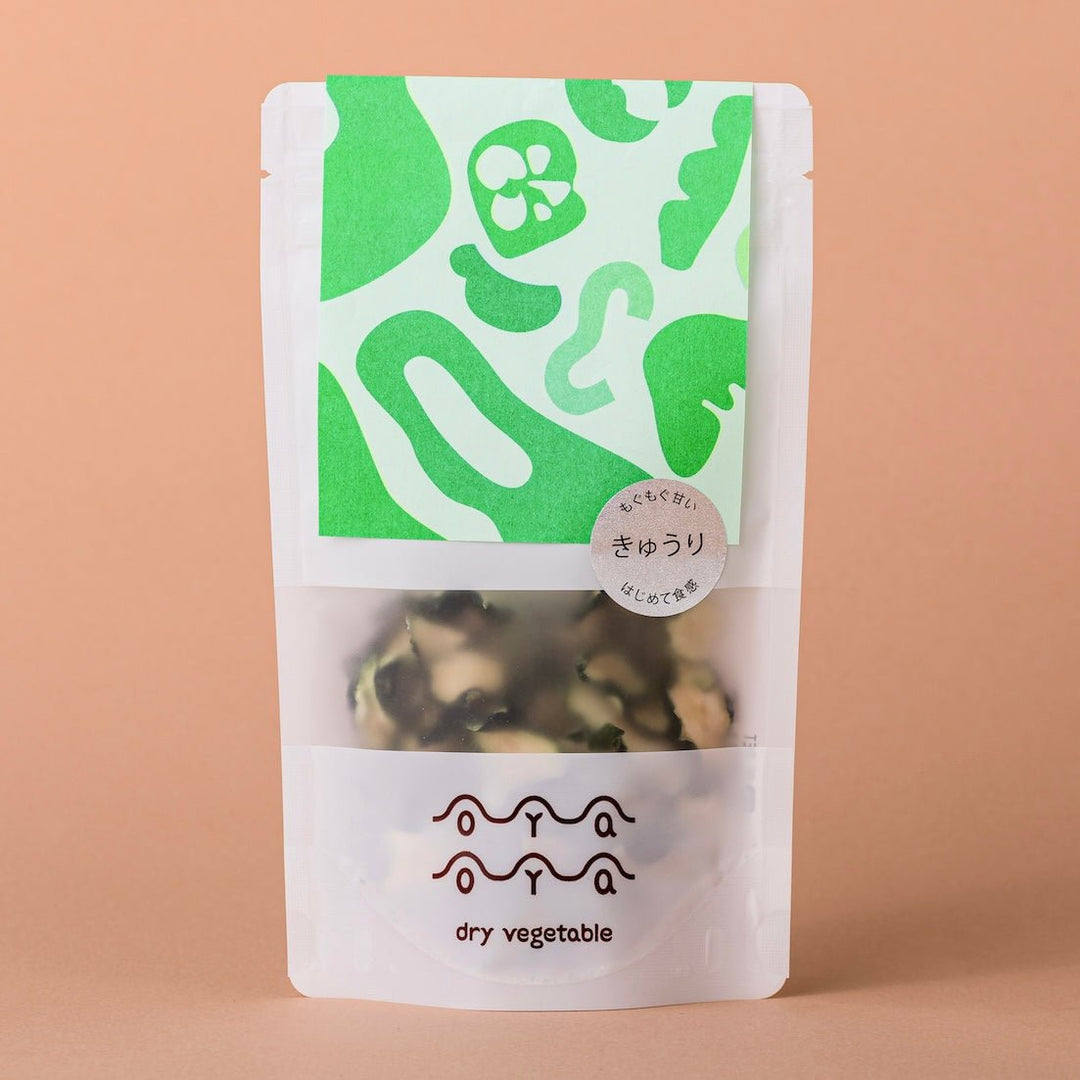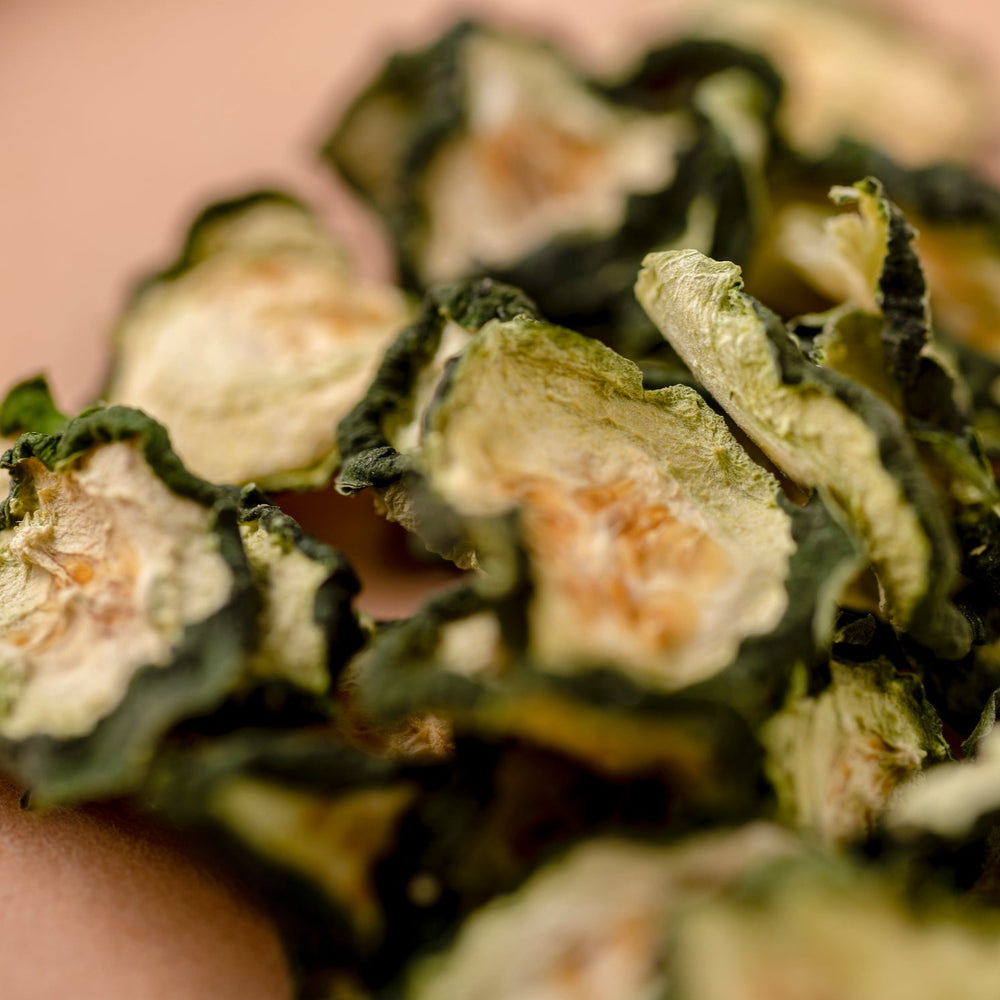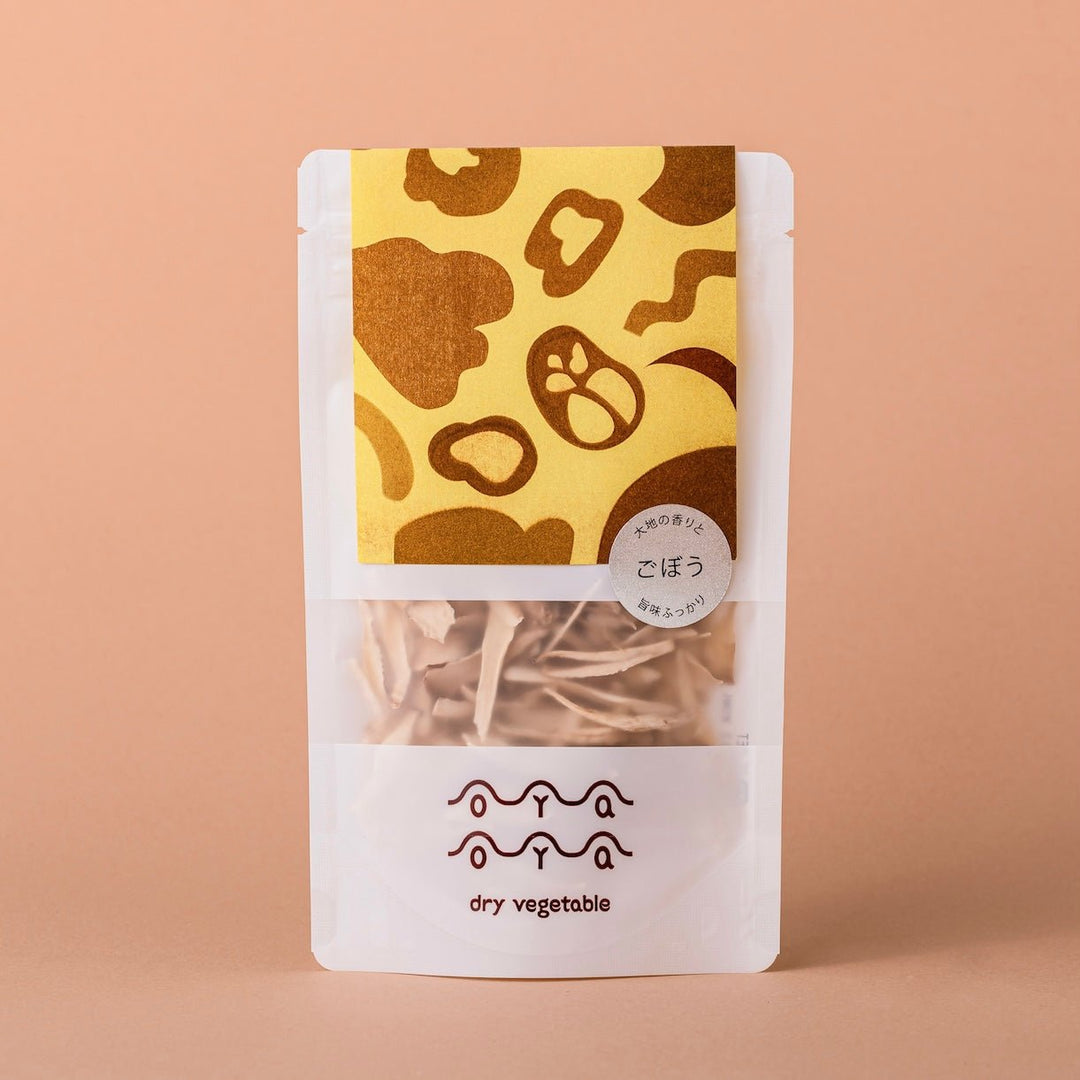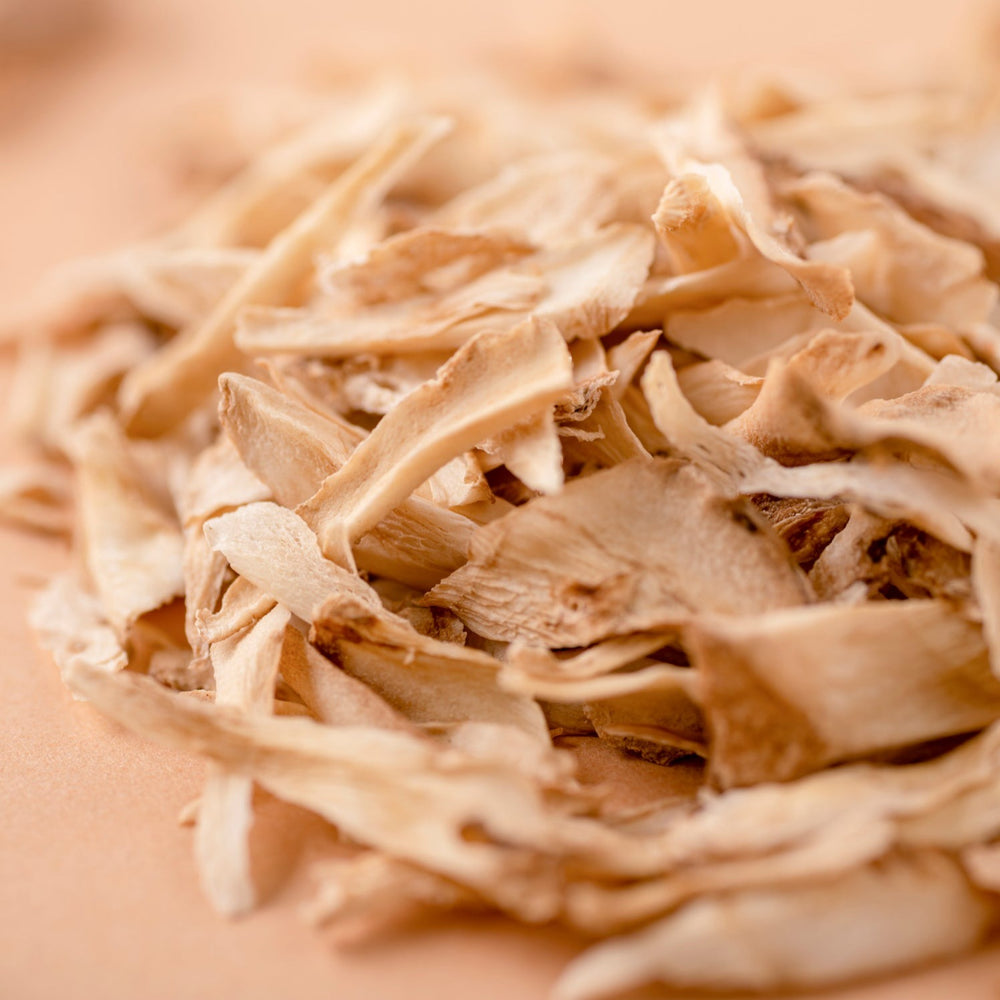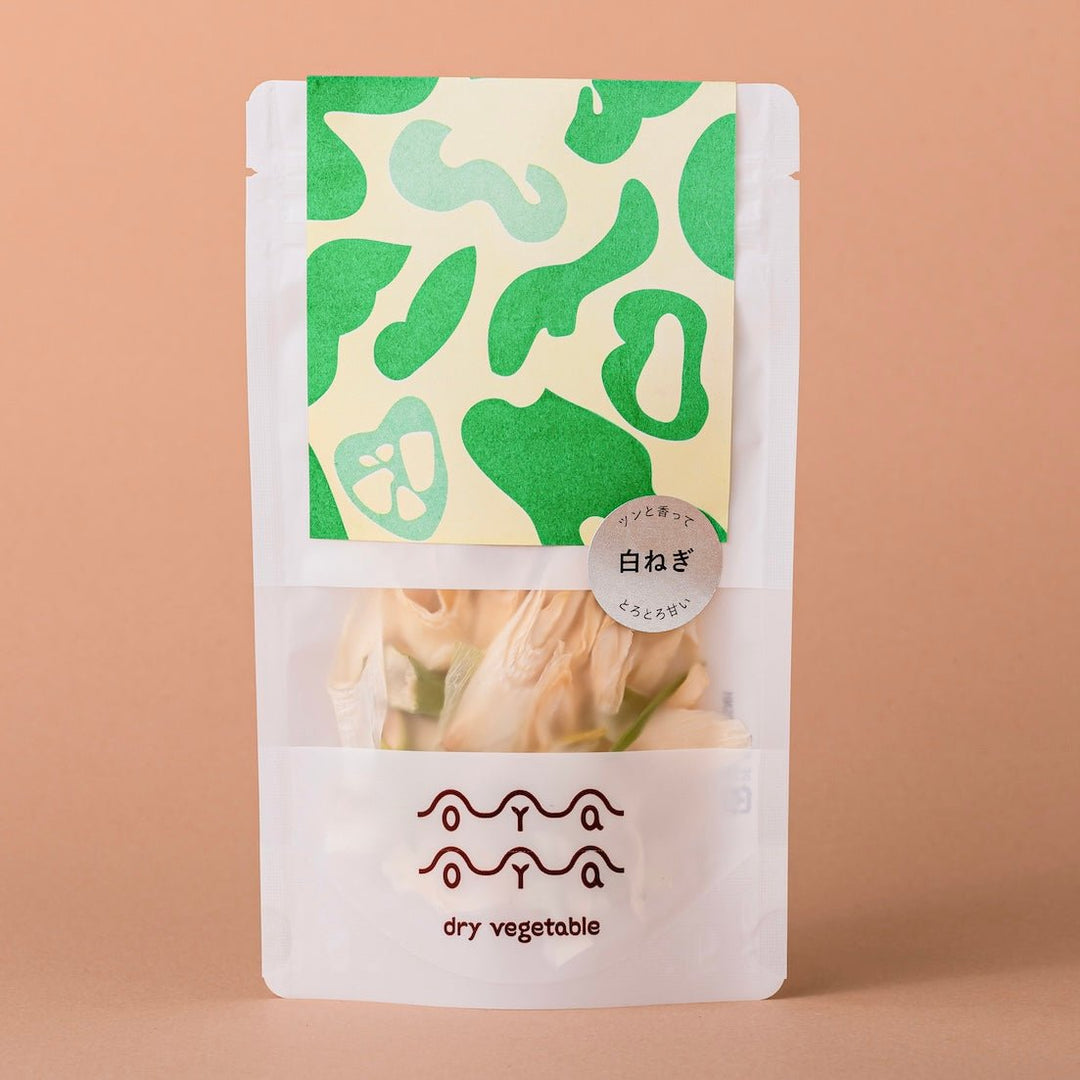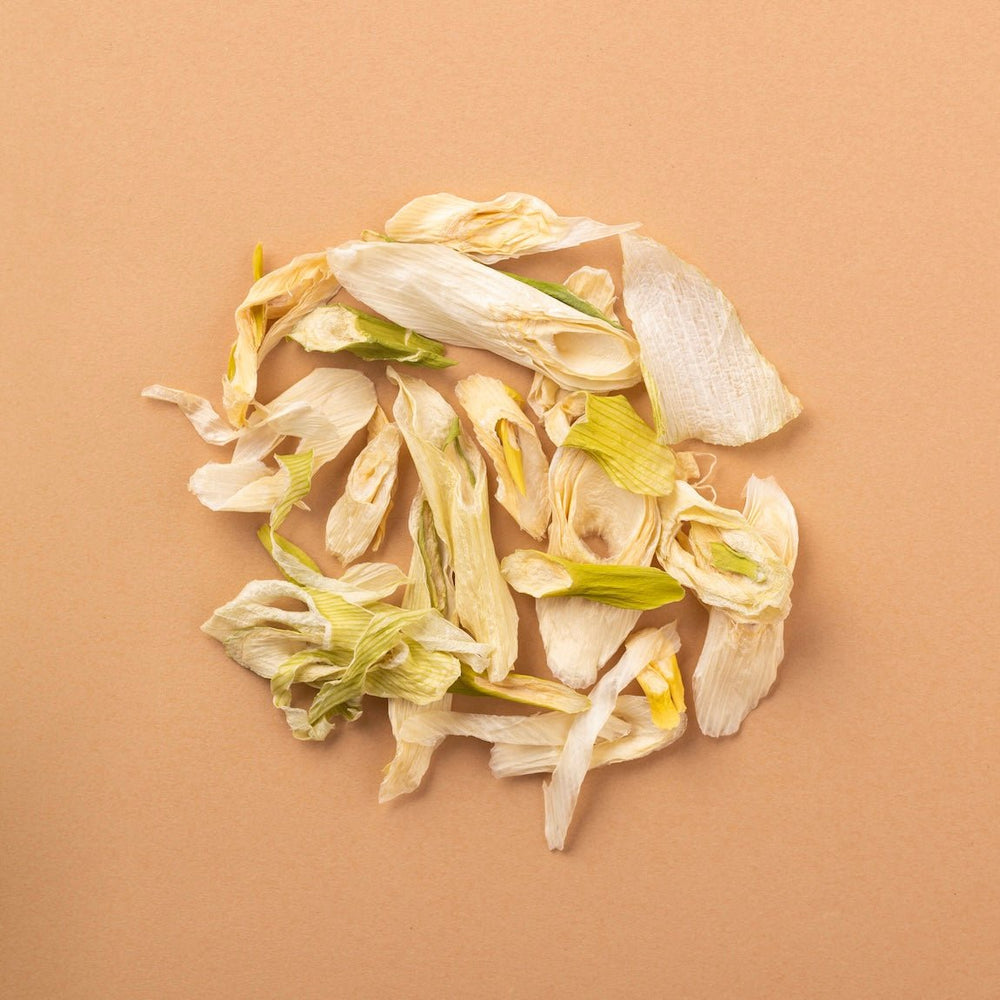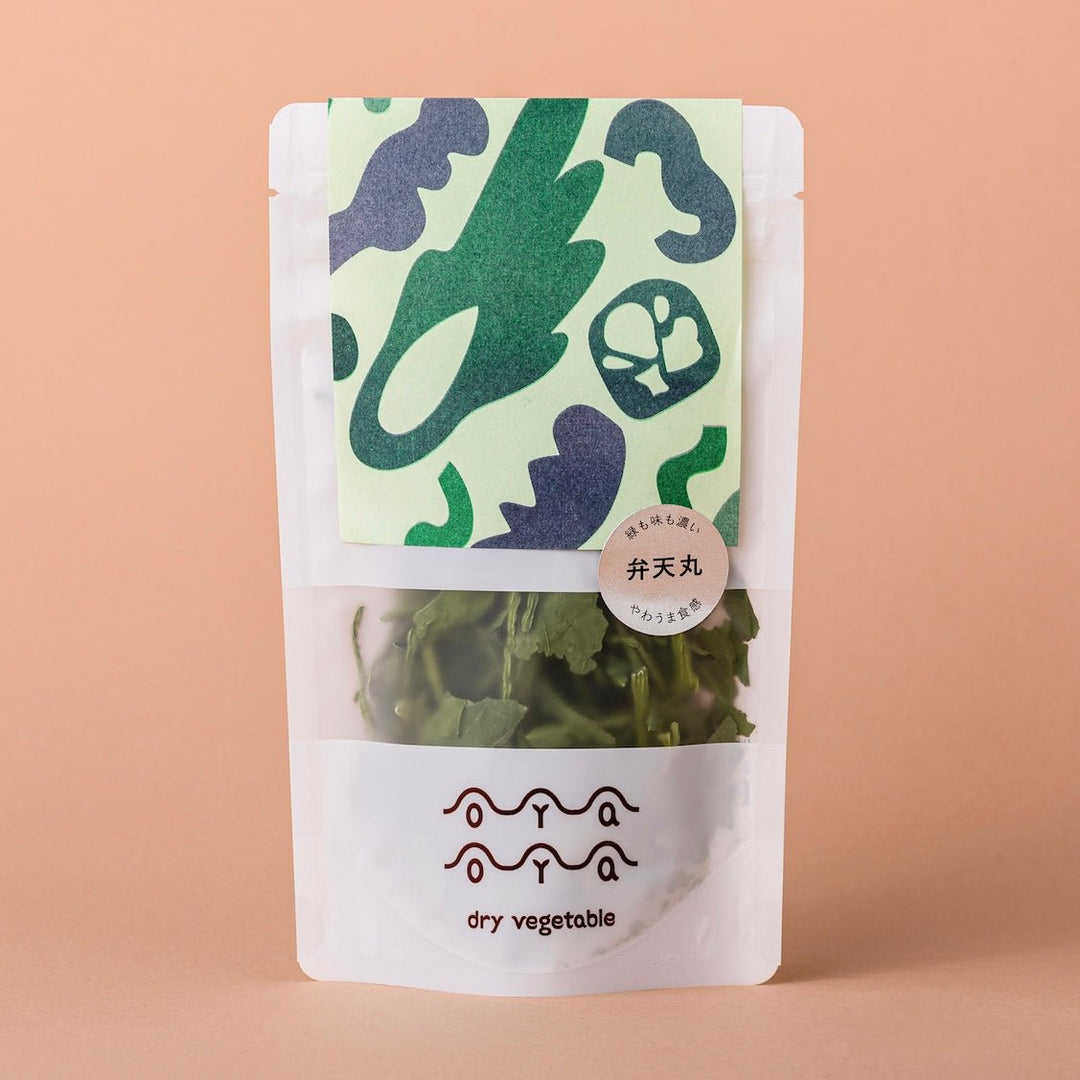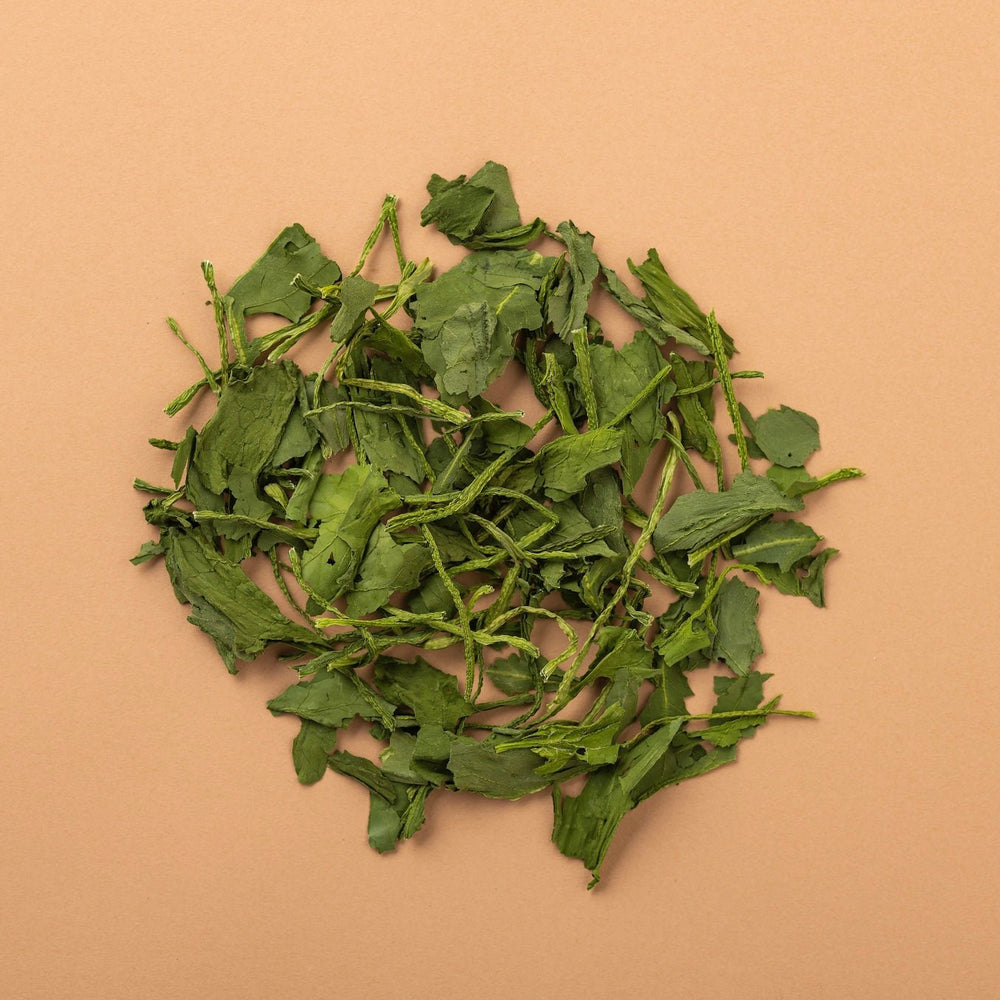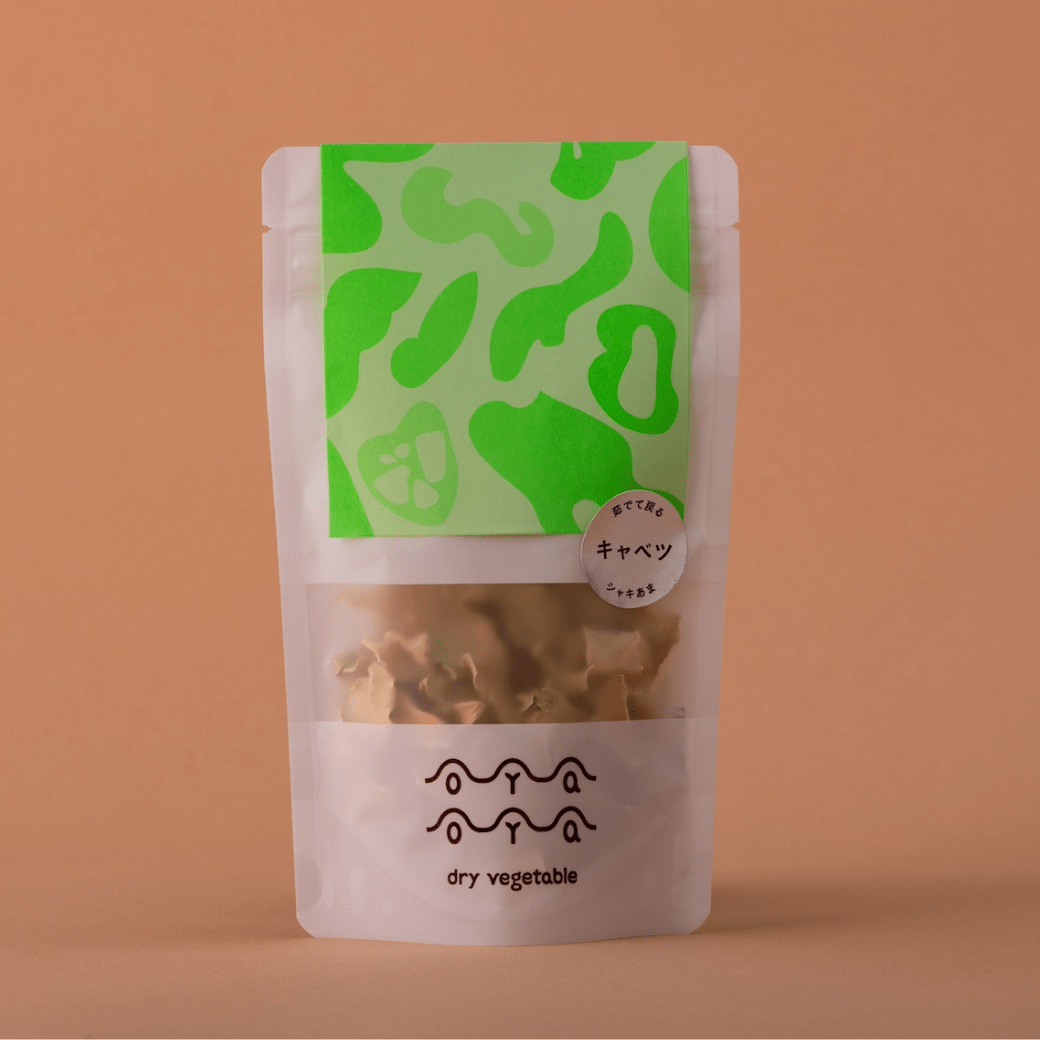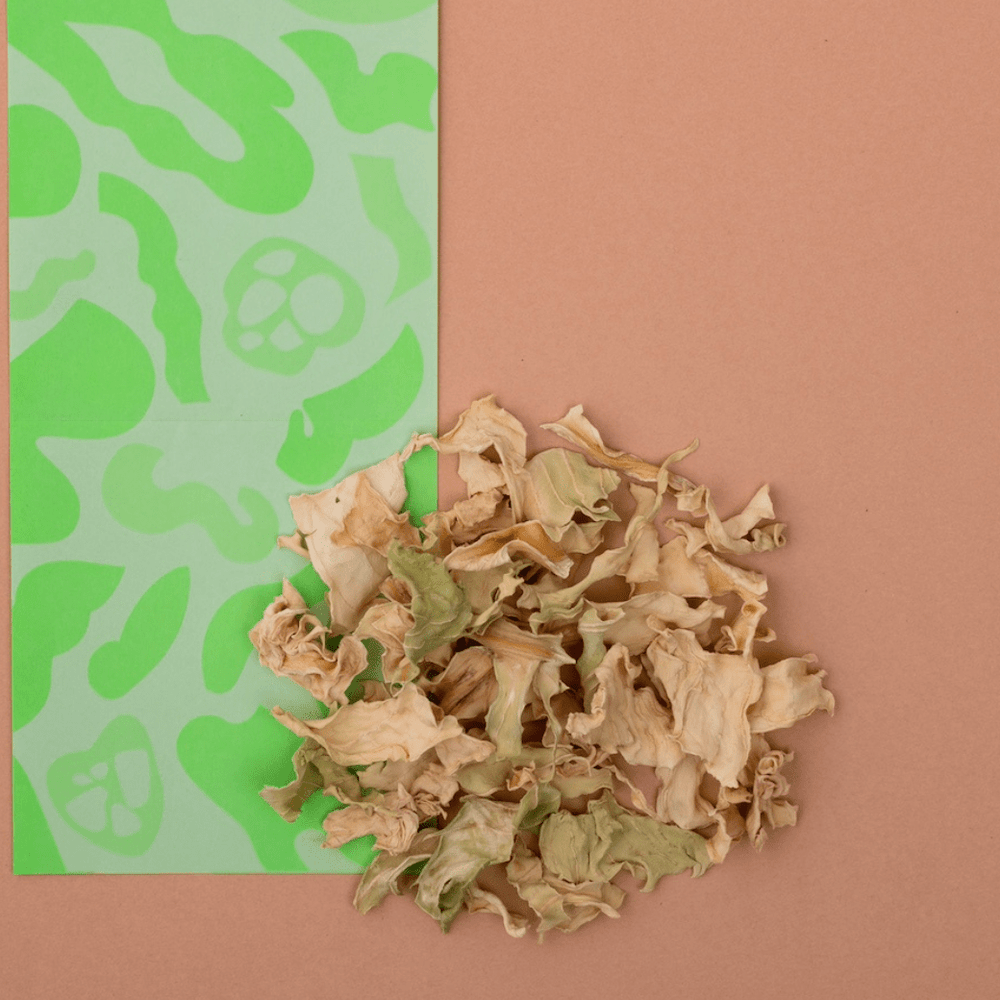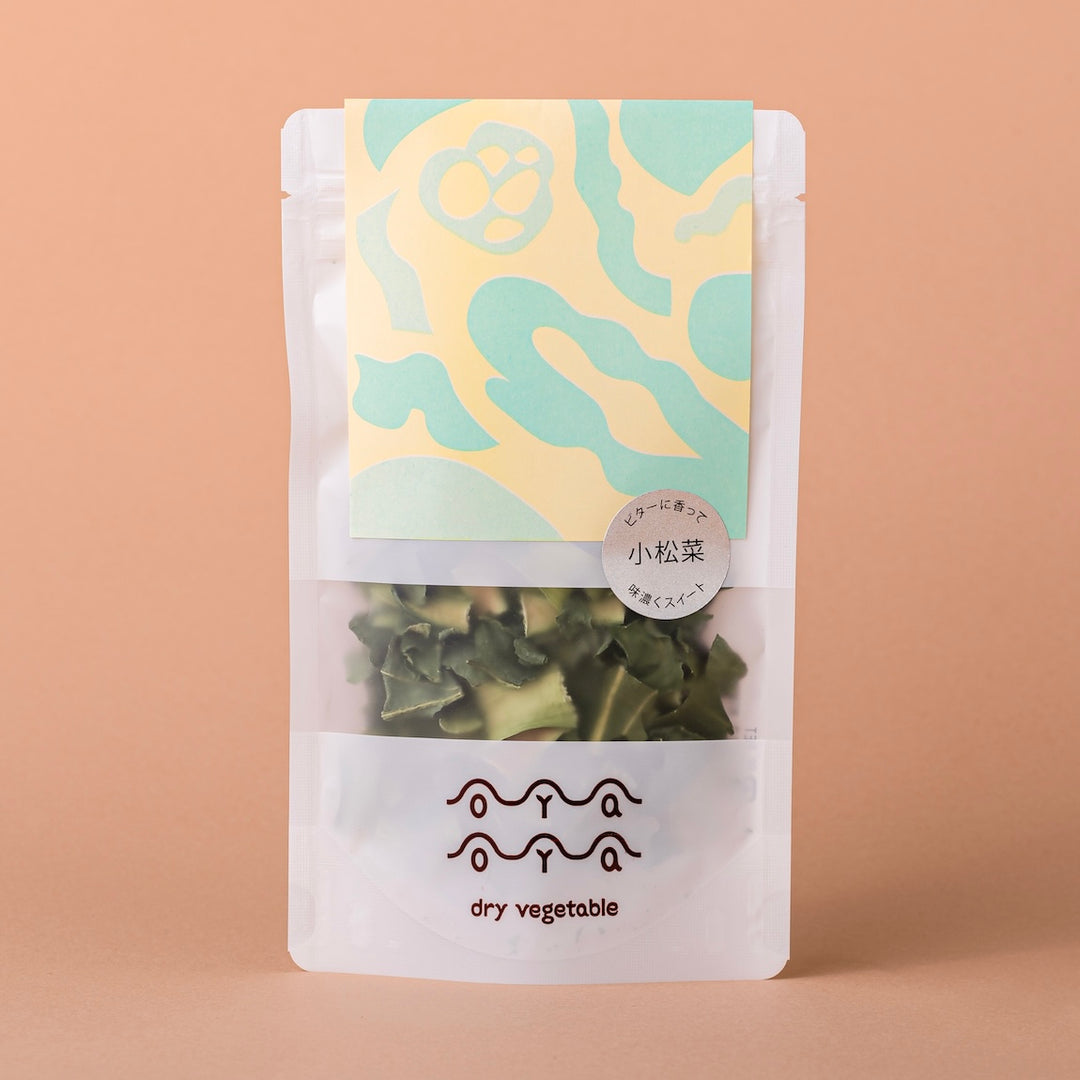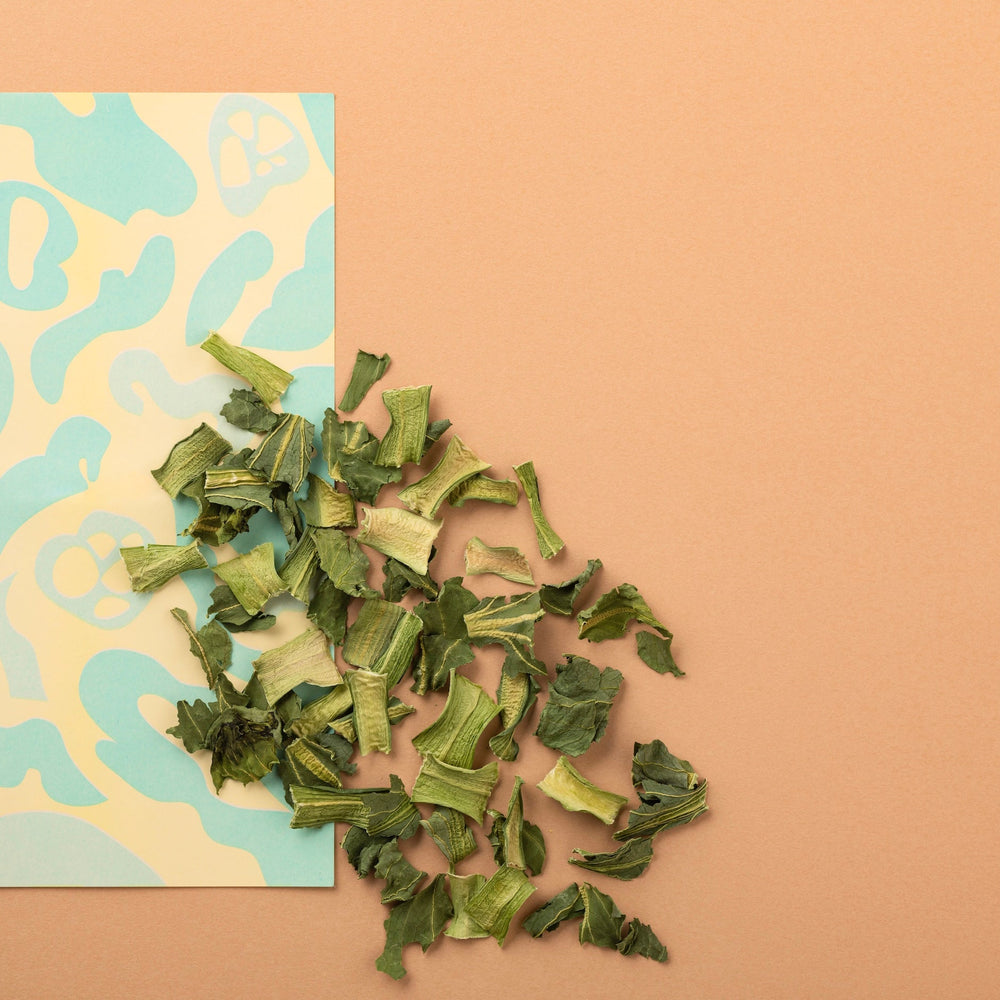Food waste initiatives

Initiatives to grow organic JAS crops
Having inherited rice fields from generation to generation, Etie's family makes their own rice husk compost and also turns the rice bran produced during rice milling into pellets, which they spread on the rice fields and other fields where they grow organic crops certified by the Japanese Agricultural Standards.
When I passed by a pile of maturing compost in a corner of the farmland, I noticed that even though it was just compost, it smelled delicious, and there were energetic earthworms waiting to jump out from inside.

Ingenuity to avoid using pesticides
Along with using organic materials that are unique to rice farmers, they also try to avoid using pesticides as much as possible, for example by not growing leafy vegetables in the summer, which are a favorite food of insects. However, Etie did not start out practicing natural, environmentally friendly agriculture.

The motivation for aiming for safe and secure agriculture
Originally, the company started out as a tobacco leaf farmer, and they had to use pesticides to protect the tobacco leaves from disease. However, after hearing something from a dentist, Masao, who was the company's president at the time, decided to aim for safe and secure agriculture.
"Apparently herbicides are related to the reason why permanent teeth do not grow in. For the sake of my children and grandchildren, I don't want to use pesticides."

A cinematic carrot field
Remembering Masao's words, I happened to look around the farmland. The mountainside that came into view was red, and the soil itself had little organic matter and was hard, looking like red clay. Yet the soil in the fields felt soft and fluffy underfoot, and even the leaves in the carrot field looked fluffy and soft.
The warmth of the Etchies who cultivated this land is conveyed through this worldview, and I felt with my heart and body that Masao's thoughts have been carefully passed down even after he was succeeded by his son, Akihiro. And the vegetables grown in such an environment that is kind to people and nature are bound to be exceptionally delicious! This goes for the non-standard vegetables too.

Towards reducing food waste
Since around 2013, when efforts to reduce food waste were still not widely accepted in society, Ethie Nosan has also developed a business based on Toshie's idea to process non-standard vegetables into dried vegetables and powder.
Through repeated trial and error, the lineup of processed products gradually developed to about 20 types, including dried vegetables and powders. I learned that freshness is key for dried vegetables, and that the color and flavor change depending on how they are cut and how thick they are cut.

What was also impressive was how well-organized everything was, from the work area where non-standard vegetables are processed and shipped, to the private spaces where everyone can eat lunch and take a break.
It is because I can see that each worker is considerate of their coworkers and works carefully. Above all, the variety and taste of the vegetables is impeccable, and I was able to thoroughly experience through my five senses the many charms of this farm, which is no exaggeration to say represents Kyoto's leading farms.
Soon after this, he approached Ethie Nosan about the production and procurement of dried vegetables, which are the mainstay of OYAOYA, and even now that they are business partners, he still visits them to help with farm work, with a close relationship like that of family.

The Beginnings of OYAOYA
OYAOYA is now based in the northern area of Kyoto Prefecture, and with Etie's help, they have begun to add value to non-standard vegetables and seriously tackle the issue of reducing food waste.
In order to address another issue, the survival of agriculture, OYAOYA will be meeting and focusing on many young farmers from now on.
To be honest, I am also worried that young farmers alone might not be able to purchase enough vegetables, and that the types of vegetables might end up being similar.
That's why we hope to have a long-lasting relationship with Echie Agricultural Products, which is building the foundation of OYAOYA. Of course, it's a win-win relationship.







